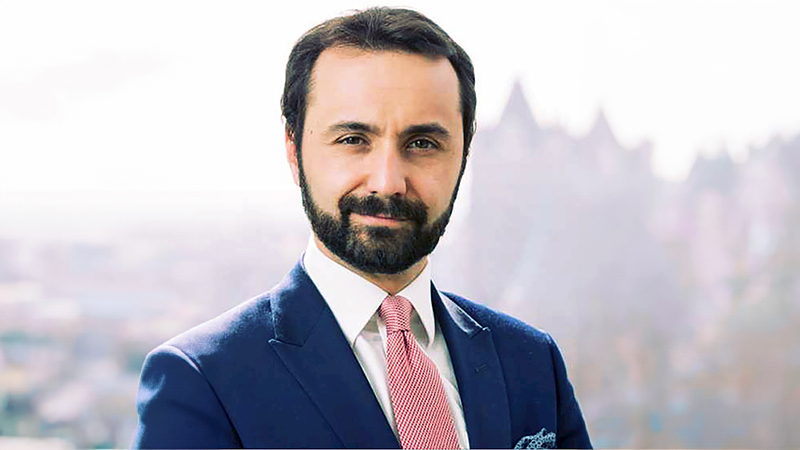“It is a way off, but I can see it happening,” he says. “Apart from a handful of big firms, it is still a cottage industry made up of four or five-man bands dotted around the country.
“A lot of the smaller companies have lifestyle businesses that do the right thing for their clients. Wealth management is a personal business and you have to earn the clients’ trust, but I see it becoming harder for these IFAs over the next five years or so.”
When it comes to ringing the acquisition bell, there is also the pivotal issue of ensuring the clients of the acquired firm are happy to have their investments brought under the remit of a new company, especially if it involves making the transition from an independent to restricted mandate.
Having orchestrated 30 buyouts in less than three years – 29 of which were independent firms – Bellpenny is well versed in bringing these all-encompassing businesses under its restricted mandate.
“Clients will always have the final say,” says Dominic Rose, Bellpenny’s acquisitions director. “But as long as we are providing a good service and have a third-party solution available for the one area that we do not advise on, which in our case is enterprise investment schemes and venture capital trusts, then it is not a problem.
“If you are an independent adviser then you have to be able to give advice in every area of wealth management, which in a larger business can be very difficult and expensive to do. Whereas if you advise in certain areas, you are able to provide a more holistic service.”
All things considered, it seems that mounting industry competitiveness, exacerbated by the big guns’ appetite for acquisition, is resulting in an increasingly oppressive environment for those smaller firms.
However, Gazzard cites a study released in 2013 by Cass Business School, which showed that in the UK there were 1,430,000 individuals with investable assets of £100,000 or more.
IFAs, according to Gazzard, have an average of 80 clients, 60 of which are couples, meaning that if every client used an adviser there would be room for 10,000 advisers.
Gazzard believes this can keep the power in the hands of the IFAs, and could eventually change the way firms conduct acquisitions.
“Firms need to ensure that they remain profitable,” he says. “There is a huge range of adviser capabilities and earnings.
“If you are well established, with six-figure earnings and a stable client base, you are a very attractive acquisition prospect. But you do not need it unless it really suits what you want to do.
“With the big firms there is greater certainty and more support, but many advisers care deeply about their clients and a lot of big firms do not provide the same financial servicing model.
“In the future, we will see more wealth management firms looking for a partnership model as opposed to a buyout, which would be an interesting development.”











